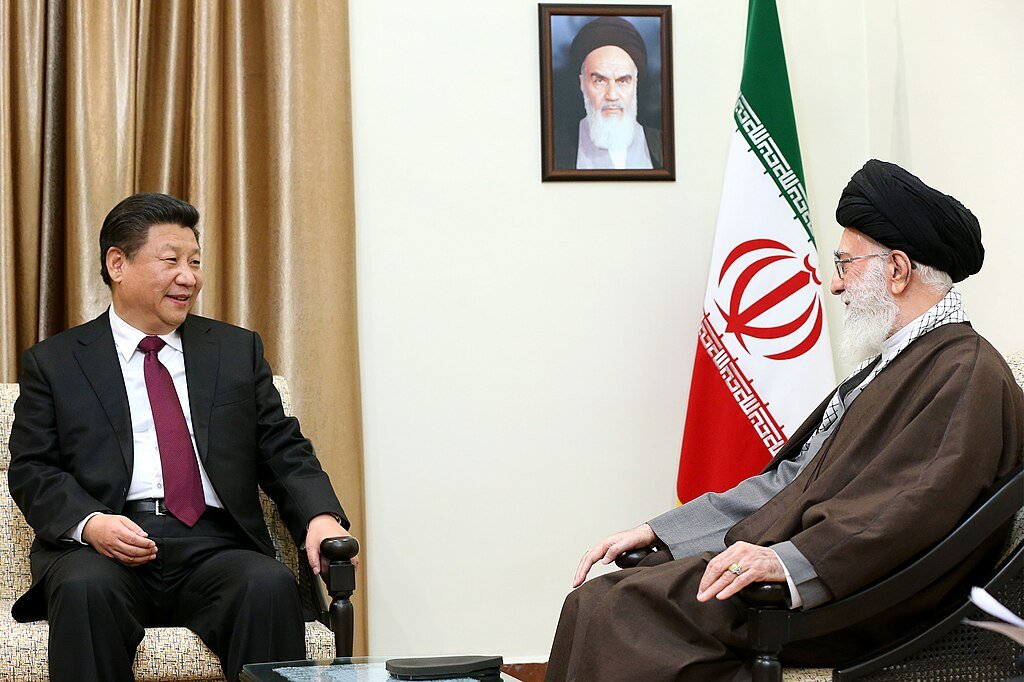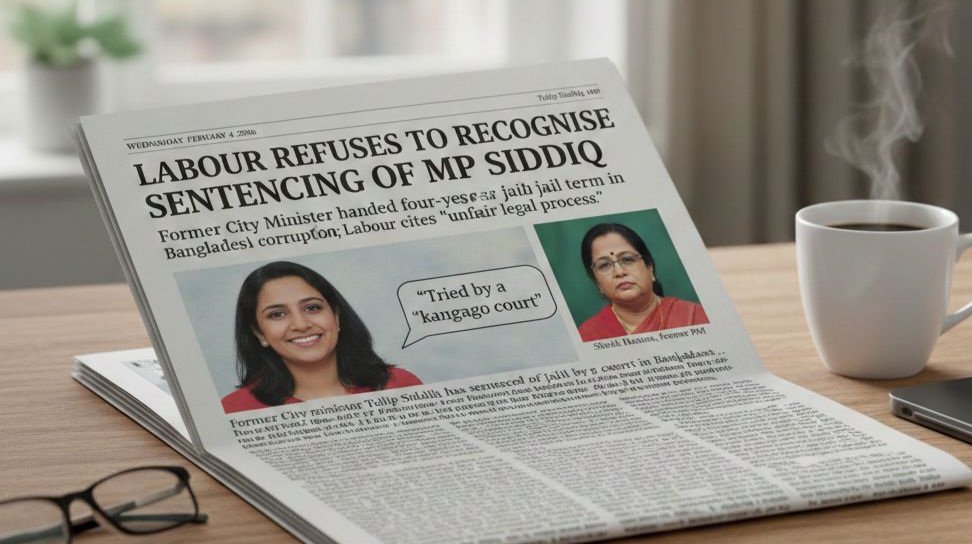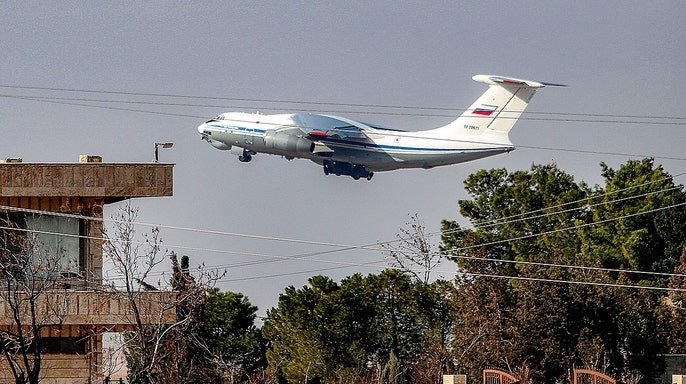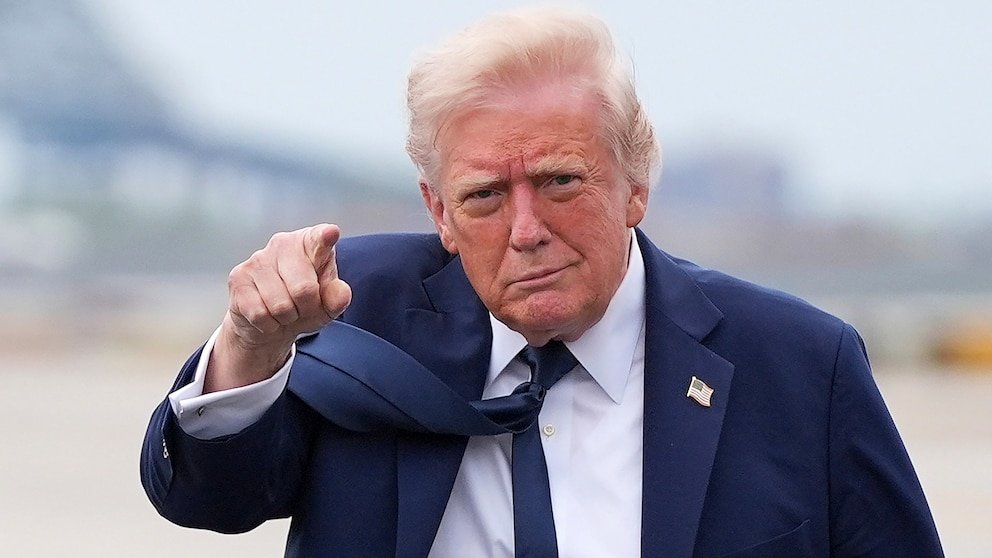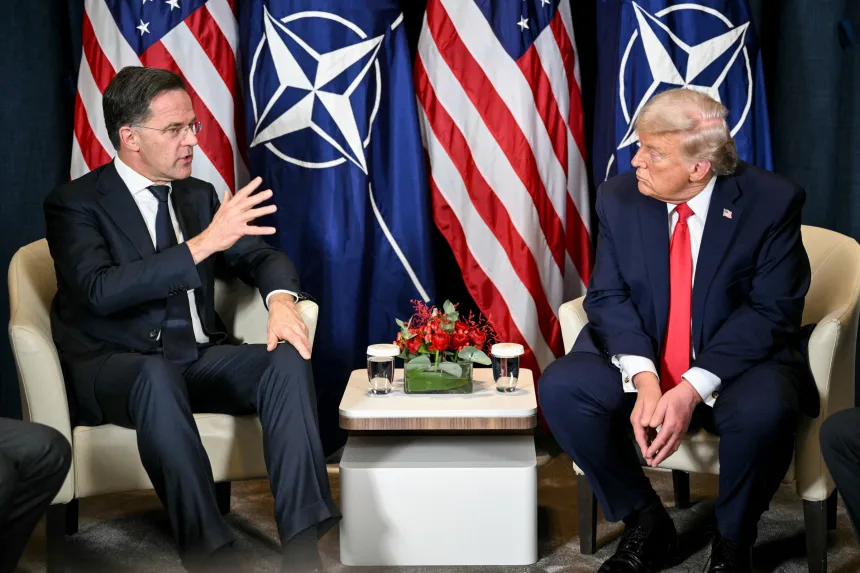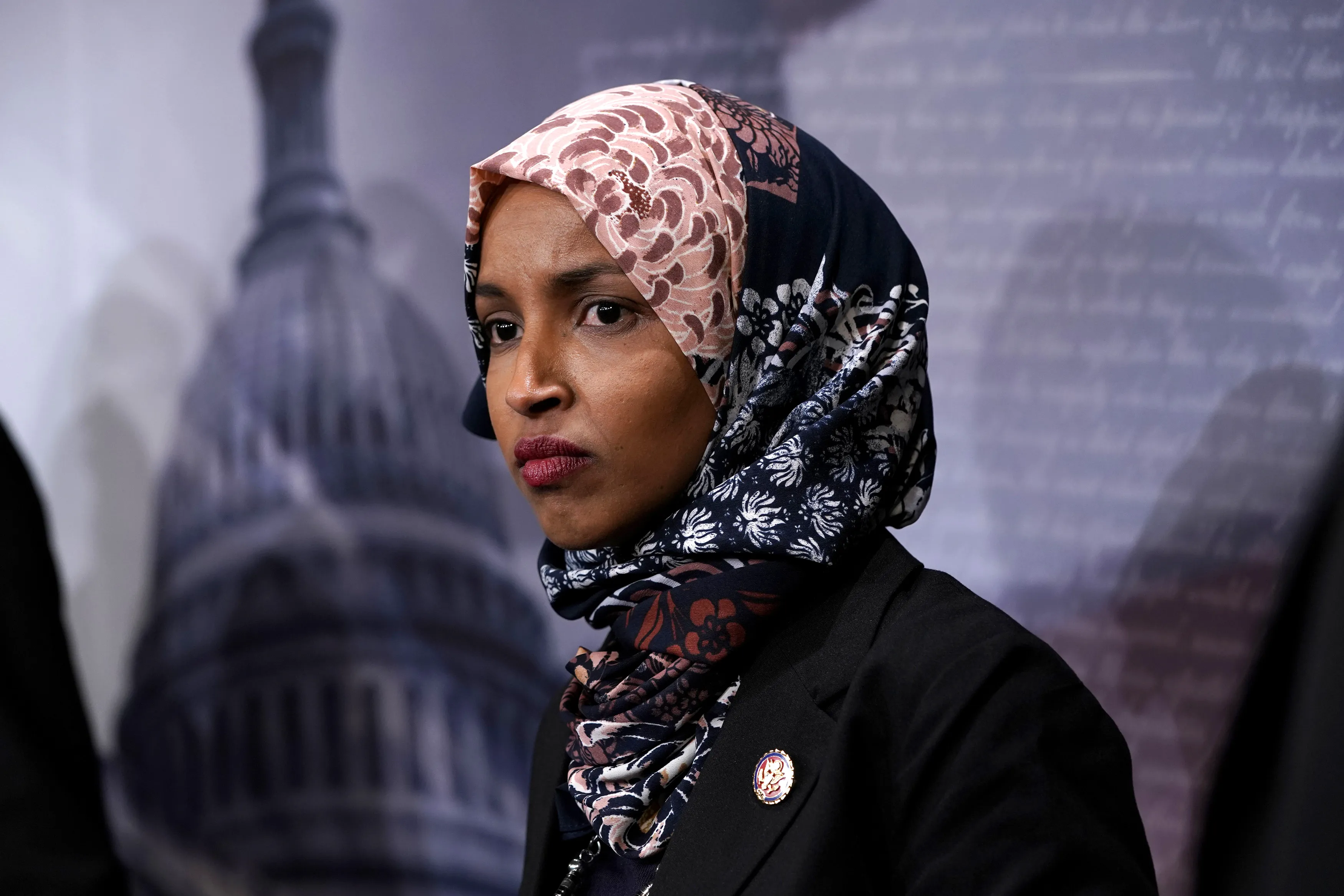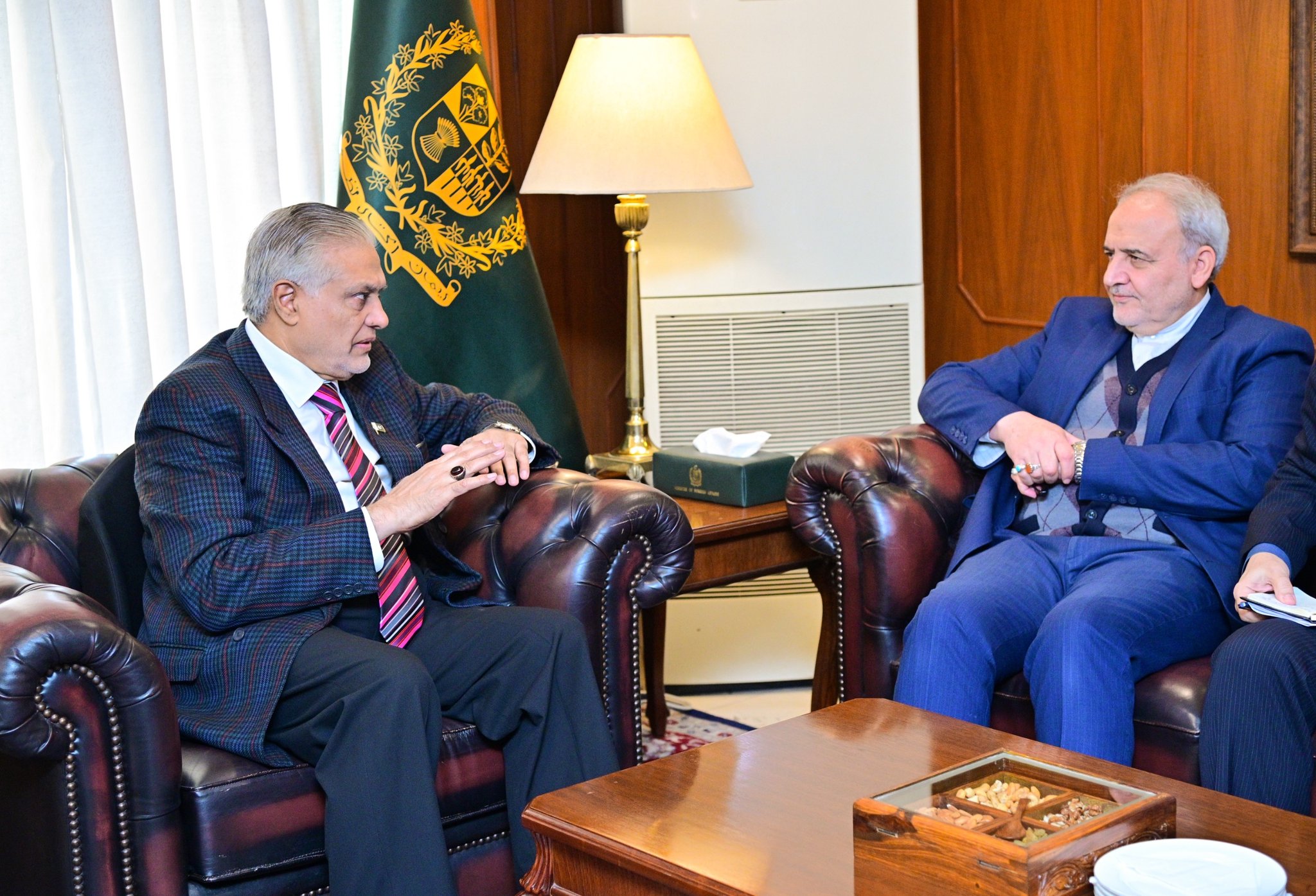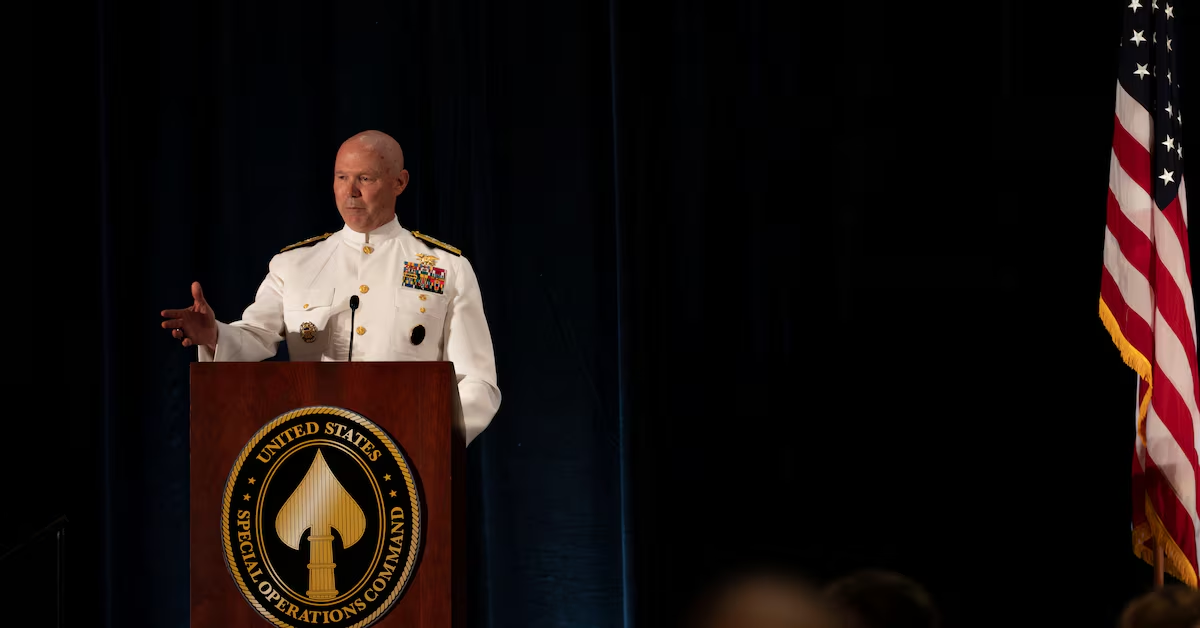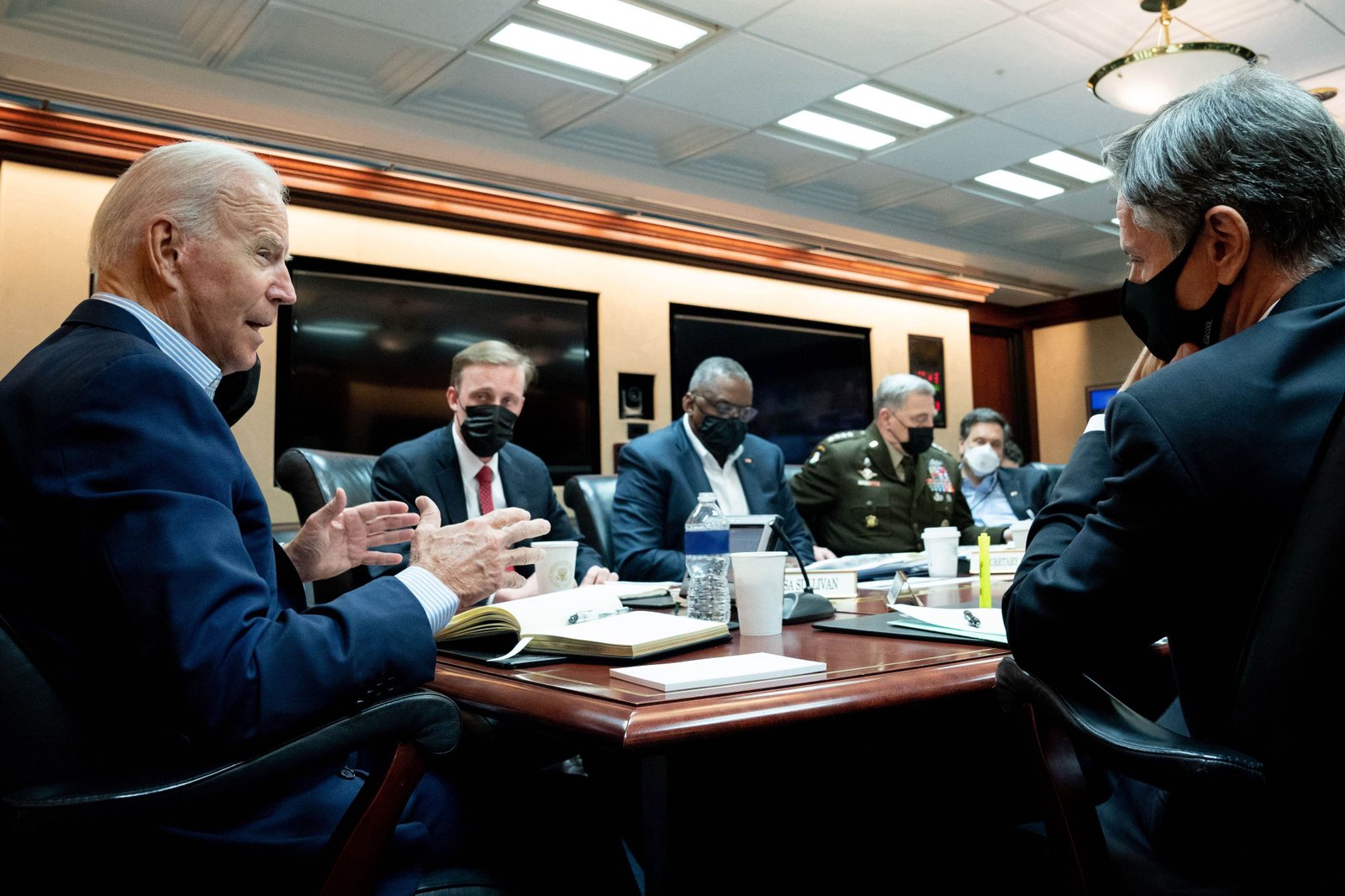After Israel Conflict, the Deepening China-Iran Ties Pose New Strategic Challenge for India
The 12-day military conflict between Iran and Israel, followed by U.S. air and naval strikes on Iran’s nuclear facilities, has ushered in a new regional alignment.
After Israel Conflict, the Deepening China-Iran Ties Pose New Strategic Challenge for India
After Israel Conflict, the Deepening China-Iran Ties Pose New Strategic Challenge for India
– Analysis by Former Director General, Centre for Air Power Studies
New Delhi, July 12, 2025 – The 12-day military conflict between Iran and Israel, followed by U.S. air and naval strikes on Iran’s nuclear facilities, has ushered in a new regional alignment. In this context, the growing closeness between China and Iran is emerging as a new strategic concern for India, particularly in South Asia.
China-Iran Military and Energy Partnership
China is currently Iran’s largest oil buyer, importing over 1.8 million barrels per day using a “shadow fleet” despite U.S. sanctions. Iran, in turn, is becoming increasingly economically dependent on China.
On the military front, China is helping Iran strengthen its air defense systems and ballistic missile programs. Chinese intelligence and equipment support has also reportedly reached Houthi rebels, further expanding China’s influence in the Persian Gulf.
India’s Strategic Concerns
According to analysis by a former Indian Air Force officer and the Centre for Air Power Studies, this deepening China-Iran relationship poses several key threats for India:
-
China's potential control of Chabahar Port could undermine India's North–South Transport Corridor project.
-
A China-Iran-Pakistan strategic triangle could restrict India’s access to Central Asia.
-
India’s 2018 decision to halt Iranian oil imports has created distrust in Tehran toward New Delhi.
-
Iran has previously provided military aid to Pakistan during wartime; similar support in the future cannot be ruled out.
Strategic Risks for China
However, the report also notes that China faces its own strategic risks:
-
Ideological conflict between Iran’s theocratic regime and China’s communist system.
-
Possibility of Western sanctions due to deeper alignment with Iran.
-
The need for China to balance its ties with both Iran and Israel, particularly given ongoing economic partnerships.
-
Negative reactions from Gulf Cooperation Council (GCC) countries, who view Iran’s growing influence with suspicion.
Recommended Actions for India
Experts advise that India should not panic, but instead pursue a strategic and farsighted response. Key recommendations include:
-
Strengthening diplomatic ties with Iran
-
Keeping the door open for resuming oil imports from Iran
-
Protecting Indian investments in the Chabahar Port
-
Expanding cultural and soft-power outreach
-
Maintaining a balanced foreign policy with Russia, the U.S., Europe, Israel, and West Asian countries, while closely monitoring the China-Iran-Pakistan axis
Editorial Observation
The growing China-Iran partnership is not just altering the power balance in the Middle East, but also reshaping the geopolitical equilibrium of South Asia. If India fails to demonstrate strategic maturity, its position could weaken in this emerging regional landscape.


